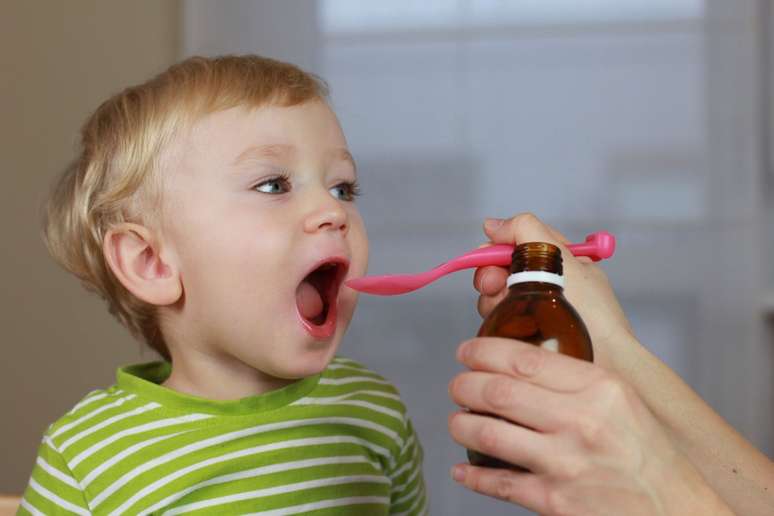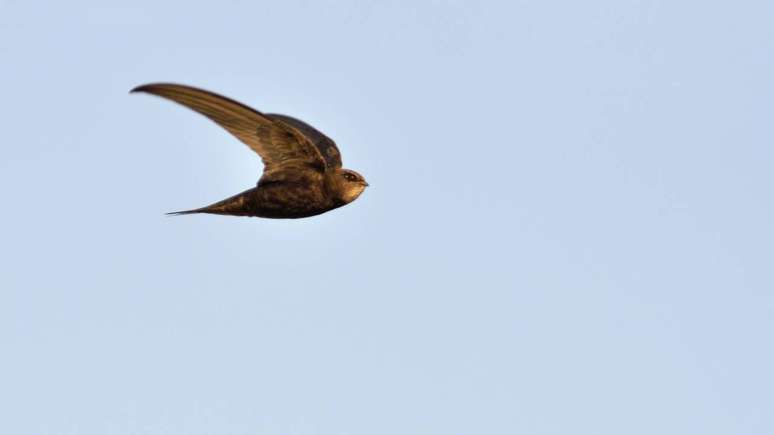The doctor explains that the disease that affects the respiratory tract is highly contagious
Influenza and whooping cough are respiratory illnesses that share some similar symptoms, such as persistent cough, fever, and fatigue. However, while the former is a common viral infection that affects many people every year, the latter refers to a highly infectious and less common bacterial disease.
Although it primarily affects unvaccinated children under six months of age, adults and adolescents are also at risk due to waning vaccine immunity over time. See below how whooping cough is caused, how to treat it, and prevent it.
Transmission of whooping cough
Whooping cough is caused by bacteria Bordetella whooping cough, which is deposited in the respiratory tract. Transmission occurs through droplets expelled during sneezing and coughing. It is possible for someone to carry the organism and show no symptoms, increasing the potential for the disease to spread.
“The bacteria nest in the nose and pharynx and the danger can arise after they migrate into the trachea, bronchi and lungs. The subsequent stages are characterized by attacks of intense coughing which can cause wheezing, cyanosis and vomiting, due to the effort to breathe”, explains André Negrelli, doctor and professor of the Medicine course at the Faculdade Pitágoras.

Treatment of whooping cough
André Negrelli explains that whooping cough is treated with antibiotics, which help fight the infection and reduce its risk severity of symptomsand other medicines that relieve cough. Furthermore, it is recommended to isolate the infected person as well, since it is an easily contagious infection.
“It is worth remembering that all measures must be applied according to the doctor’s opinion, since each organism can react differently depending on the aggressiveness of the bacteria and health history,” emphasizes the doctor.
Prevention of whooping cough
A vaccination It is the most effective way to prevent whooping cough and is often given as part of routine childhood vaccinations, as well as recommended for infants and children in multiple doses starting at 2 months. Additionally, booster vaccines are also recommended for adolescents and adults, as the immunity conferred by the vaccine may wane over time.
“It is recommended that pregnant women receive the whooping cough vaccine during every pregnancy, ideally between the 27th and 36th week of pregnancy. This helps protect the newborn, as antibodies pass from mother to baby before birth, providing protection temporary until the child can receive his own vaccinations against whooping cough”, underlines André Negrelli.
Additionally, practicing good hygiene can help prevent the spread of whooping cough and other respiratory illnesses. This includes washing your hands regularly with soap and water, covering your mouth and nose when you cough or sneeze (preferably with a disposable tissue or with a bent elbow), and avoiding close contact with sick people.
By Camila Souza Crepaldi
Source: Terra
Ben Stock is a lifestyle journalist and author at Gossipify. He writes about topics such as health, wellness, travel, food and home decor. He provides practical advice and inspiration to improve well-being, keeps readers up to date with latest lifestyle news and trends, known for his engaging writing style, in-depth analysis and unique perspectives.








